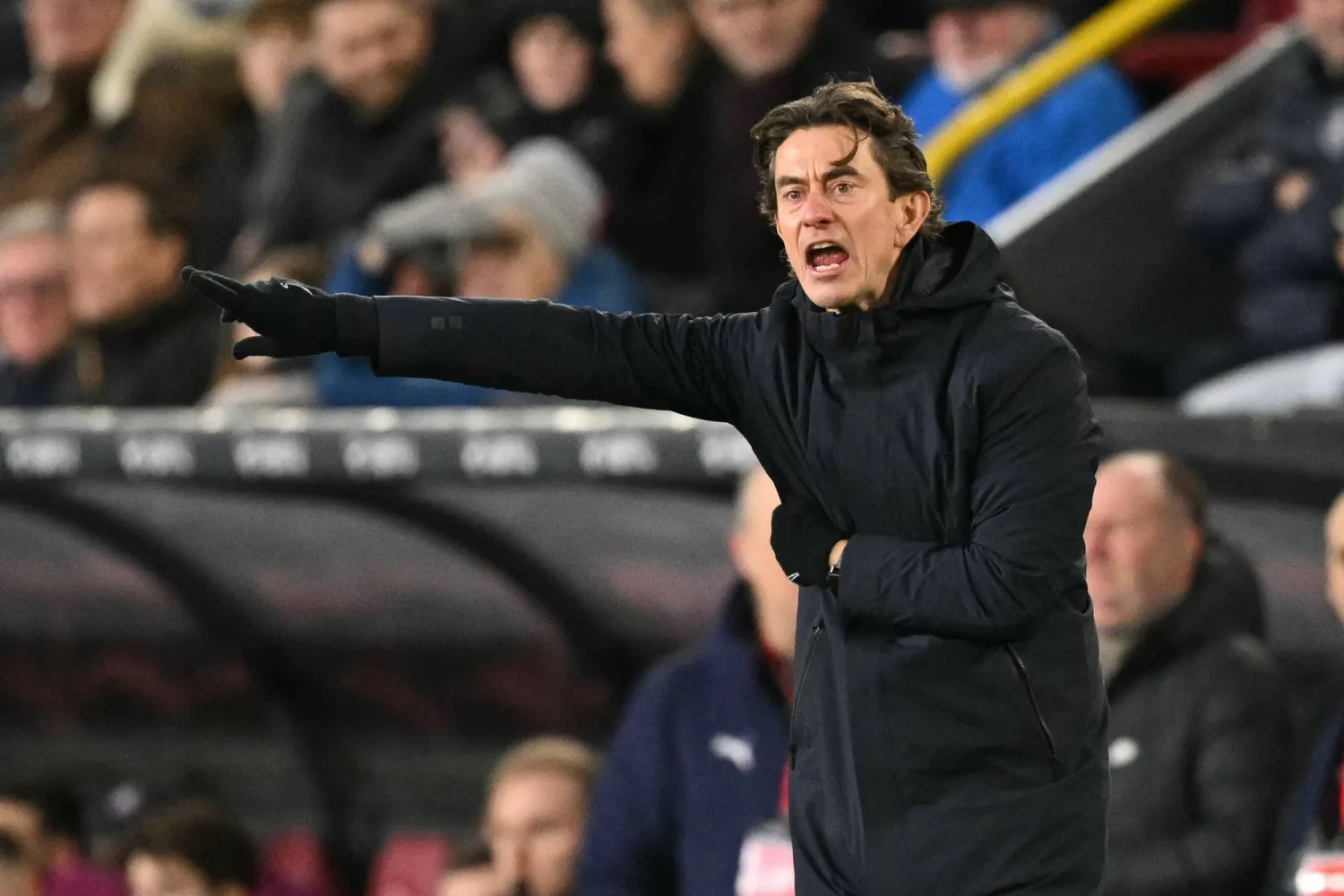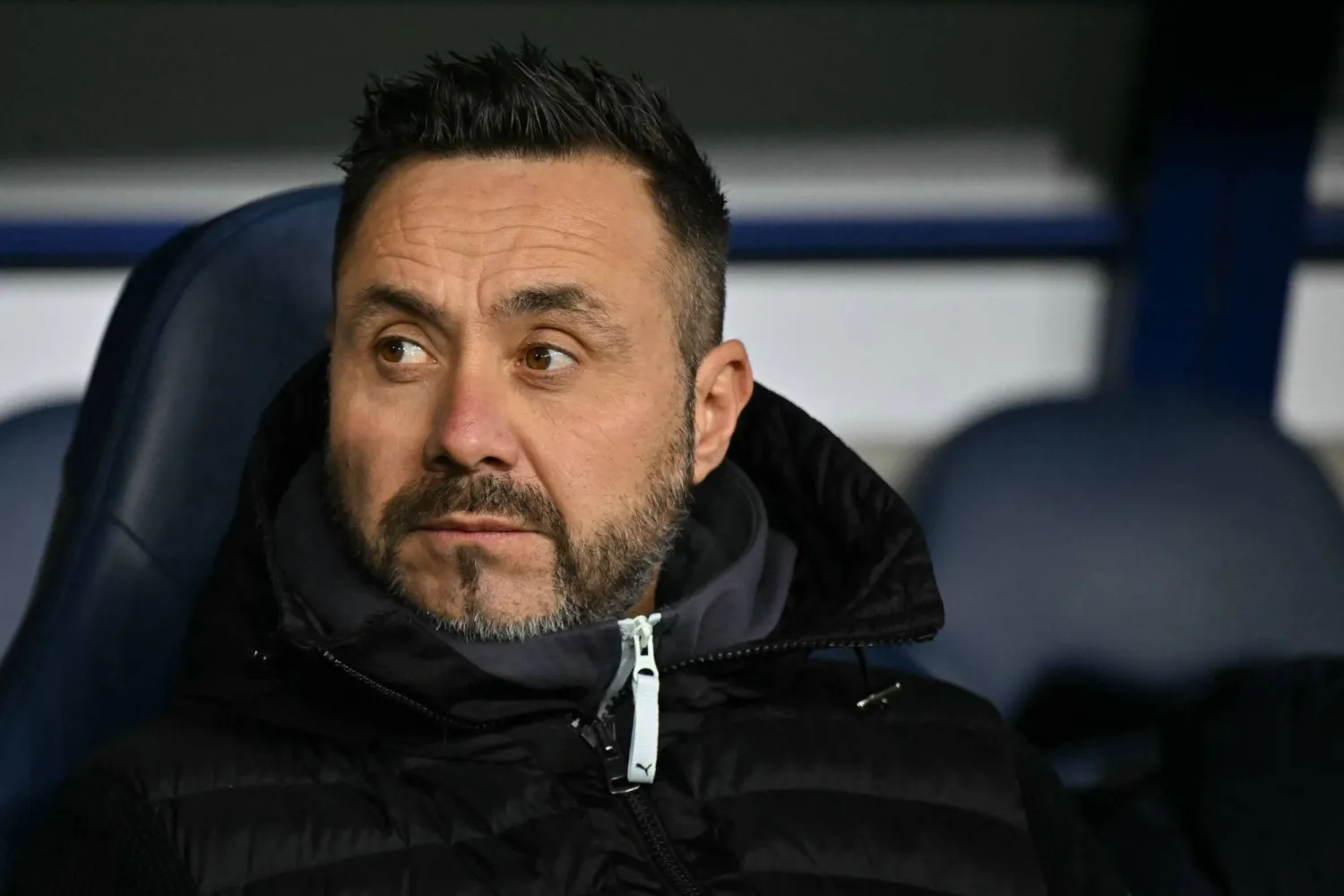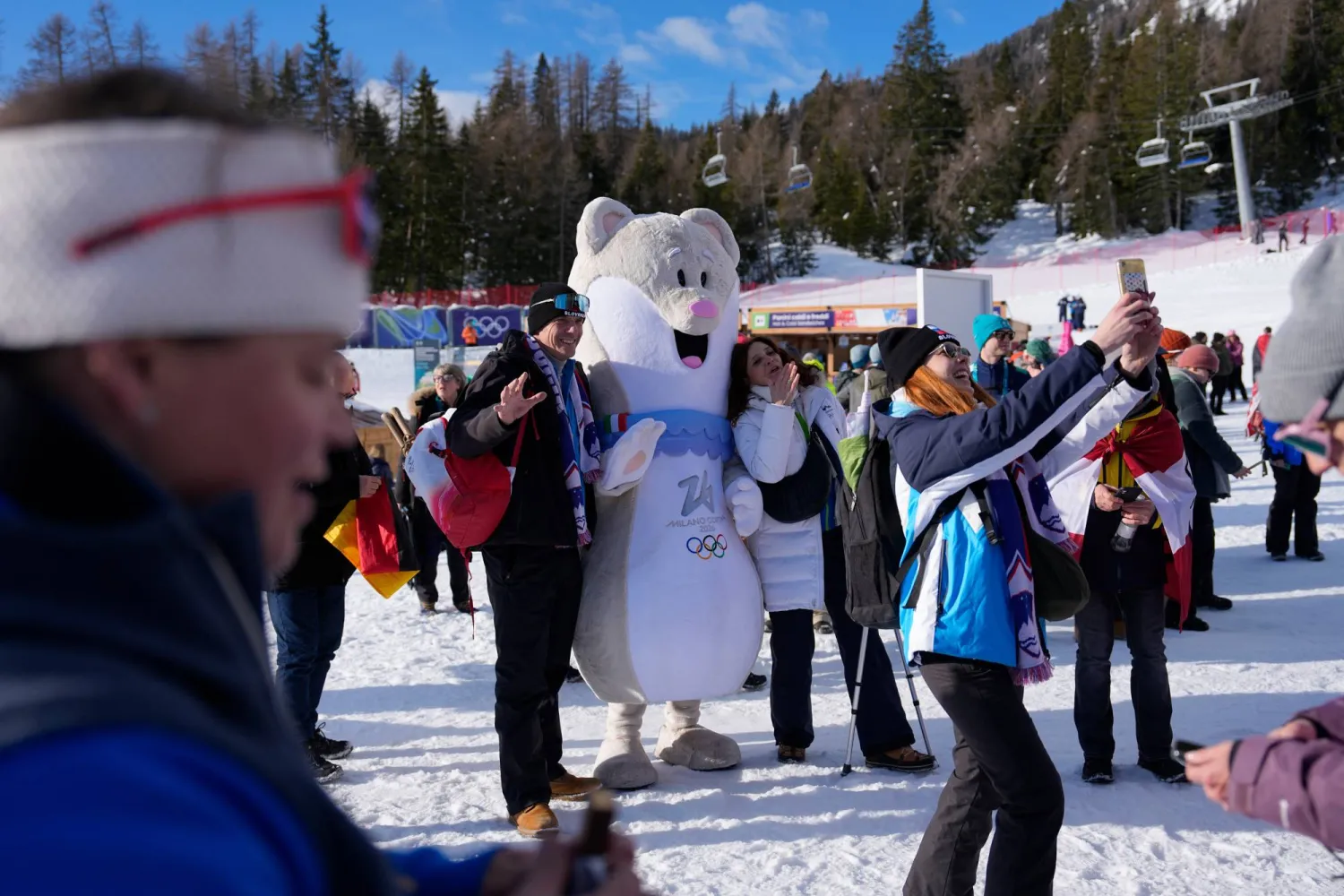Nine months ago, Fadi Aldeeb missed several calls from his brother. The next day, he found out that he had been killed in an Israeli attack on his home.
Aldeeb, the only Palestinian athlete at the Paris Paralympics, left the Gaza Strip a decade ago for a wheelchair basketball career that took him to Türkiye and Greece before France.
"On December 6, I had a French league game and when I was finished I found my brother had called me many times... I tried to call back but there was no connection," Aldeeb, who took part in the Paralympics shot put, told Reuters.
"The 7th of December at night I received (the news) that 'Okay, your brother was killed in an attack on our building'," said Aldeeb, adding that he often wonders what his brother's last message was.
In Paris, Aldeeb is feeling the pressure of being what he says is the voice of his people at the Paralympics.
"It's too many feelings, too much responsibility, because I'm not speaking about myself, I'm not playing for myself. I'm here for 11 million, for all who say I'm a Palestinian, for all who talk about humanity, and to talk about the freedom of Palestine," he said.
"When we are raising the flag here in Paris, we are (showing we are) still alive, we still we need our human rights, we still need our freedom," he said.
The Palestine Olympic Committee was recognized three decades ago by the International Olympic Committee. Gaza has a population of about 2.3 million people, and millions more Palestinians live elsewhere.
OTHER ATHLETES' SUPPORT
Aldeeb, 40, said he became paraplegic after being shot in the back by an Israeli soldier in 2001 during the second Intifada, or uprising, against Israeli occupation.
He raises his voice when talking about life in Gaza, where the Health Ministry says over 40,000 people have been killed since Israel began an offensive against the armed group Hamas that led an attack on southern Israel on Oct. 7 last year.
About 1,200 people were killed and around 250 were taken hostage in the attack, according to Israeli tallies.
Aldeeb, who will resume playing wheelchair basketball in the Paris suburb of Genevilliers after the Paralympics, sees Israel's military as a "killing machine".
"There is no difference (for Israel's military) between athletes, disabled or non-disabled, children or women, big or small homes, hospitals, hotels, universities or school," he said.
Israel says its offensive is aimed against Hamas, not civilians. It accuses Hamas fighters of using public buildings such as hospitals to hide in, putting civilians at risk, and says it takes great precautions to limit harm to civilians.
Aldeeb made clear he felt uncomfortable with the presence of Israeli athletes in Paris, which held a ceremony before the Games to pay tribute to Israeli Olympic team members killed by Palestinian gunmen at the 1972 Munich Olympics.
But welcoming support he had received from other competitors, he said: "I'm not feeling that I'm alone or feeling like I'm alone, these people really, it's amazing and incredible, they give me a feeling of humanity."
A far-left lawmaker said before the Olympics, also held in Paris this summer, that Israel's delegation was not welcome and called for protests against its participation. France said after his remark that Israeli athletes would have 24-hour protection.
The Olympic charter states that competitors at the Olympic Games should enjoy freedom of expression but that no "political propaganda" is permitted in any Olympic sites, venues or other areas. Aldeeb was speaking outside the Olympic village.









